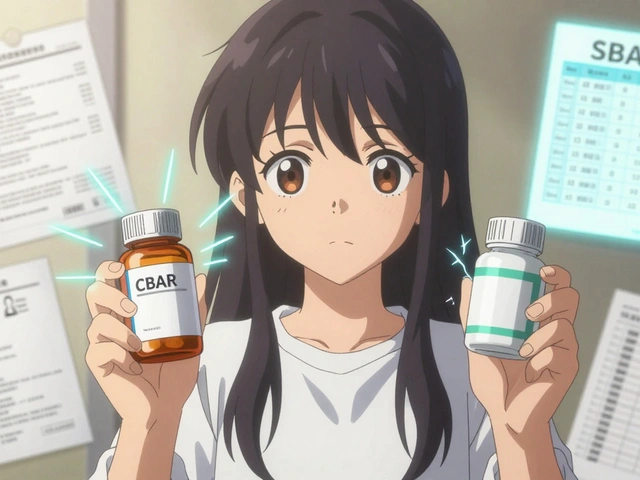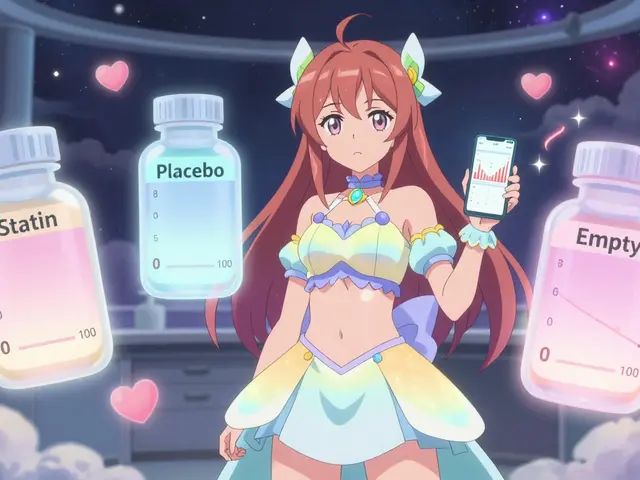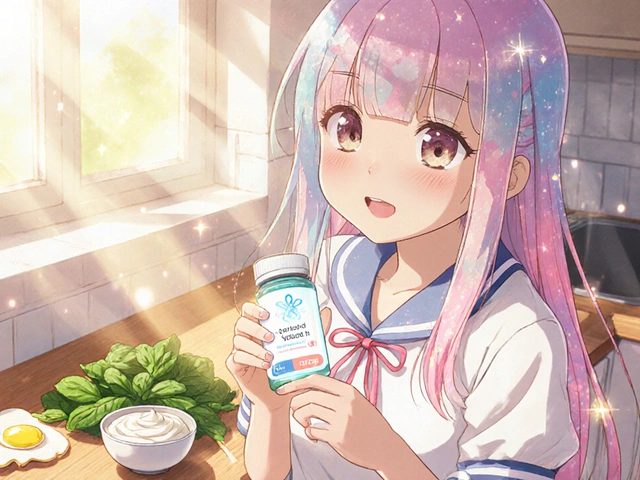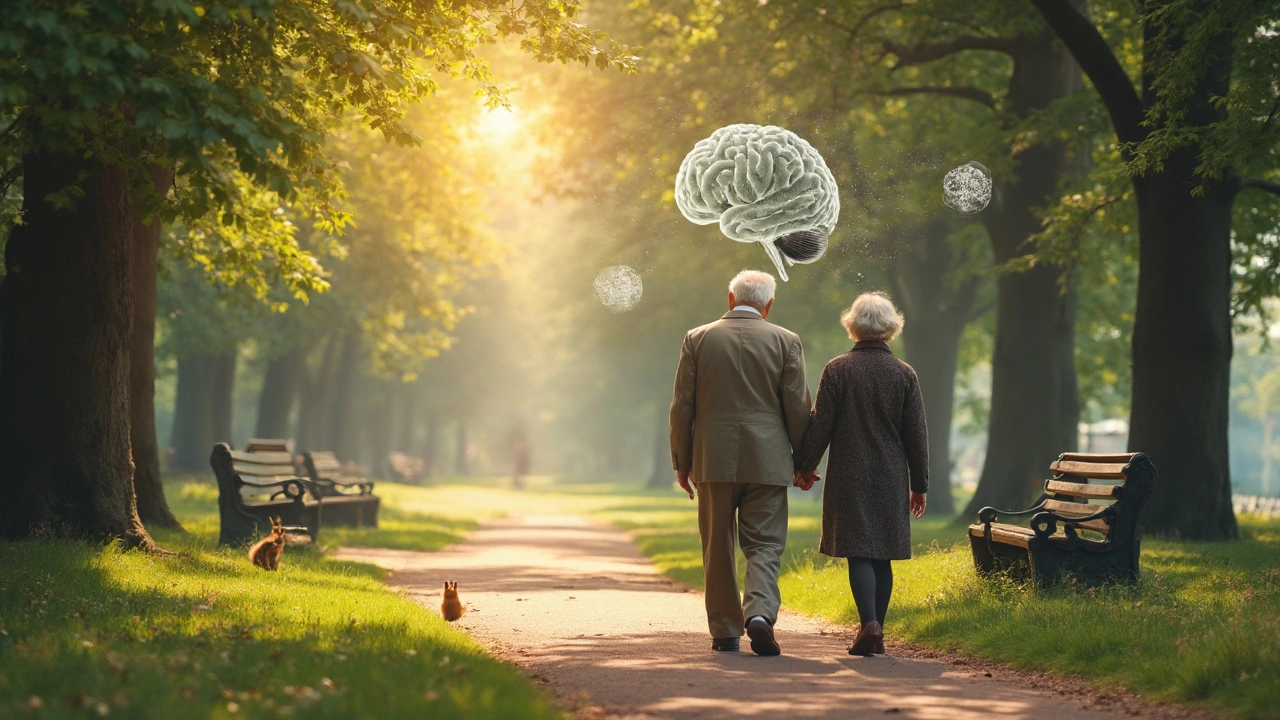Stroke: Recognize Symptoms, Act Fast, and Know Treatment Options
A stroke happens when blood flow to part of the brain is cut off or a vessel bursts. That sounds technical, but the takeaway is simple: time matters. Quick action can save brain tissue and reduce long-term disability. This page gives straightforward, useful steps you can use right away or share with family.
How to spot a stroke fast
Use the FAST check — it’s easy to remember and works well in emergencies. Face: ask them to smile. Arm: ask them to raise both arms. Speech: listen for slurred or odd speech. Time: if anything looks off, call emergency services immediately. Other signs include sudden severe headache, trouble seeing, confusion, dizziness, or loss of balance. If you see any of these, don’t wait for them to get worse.
Why urgency? For ischemic stroke (a clot blocking blood flow) there are treatments that work best in a narrow time window. The clot-busting drug tPA can be given within hours for eligible patients, and mechanical thrombectomy can remove clots in some cases. Getting to a hospital fast opens up those options.
After the emergency: recovery and preventing another stroke
Once the immediate danger is handled, the focus shifts to recovery and prevention. Rehab often starts in the hospital and continues at home or in outpatient therapy. Physical therapy helps with strength and walking, occupational therapy focuses on daily tasks, and speech therapy addresses language or swallowing problems. Recovery varies — some people improve quickly, others take months.
Preventing a second stroke usually involves treating the cause. If a clot caused the stroke, doctors may prescribe antiplatelet drugs (like aspirin) or anticoagulants if atrial fibrillation is present. High blood pressure, high cholesterol, and diabetes also raise stroke risk — lifestyle changes plus medications like statins or blood-pressure meds are common. Quitting smoking, eating a balanced diet, staying active, and keeping a healthy weight make a real difference.
Mental and emotional health matter too. Depression and anxiety are common after stroke. Talk openly with your care team about mood changes — counseling, support groups, and sometimes medication help people get back to daily life.
Want to learn more about medicines used after stroke or how certain health issues raise stroke risk? MedsEngage has articles on anticoagulants, blood pressure drugs, and rehab strategies to help you understand options and talk with your doctor. If you or someone you care for shows possible stroke signs, act fast — immediate care changes outcomes.
Alzheimer's Disease and Stroke: The Hidden Link You Should Know
Discover the surprising connection between Alzheimer-type dementia and stroke, how these conditions overlap, and what it means for your brain health. This detailed guide unpacks the science, shares real stats, and gives genuinely helpful tips for protecting your memory and mental sharpness. Learn how lifestyle and medical choices can influence both dementia and stroke risks. Get a clear picture of prevention strategies and emerging research. No jargon—just well-explained, actionable insights anyone can use.
About
Health and Wellness
Latest Posts


Nocebo Effect and Statin Side Effects: How Expectations Shape Your Experience
By Marcel Kornblum Jan 15, 2026

Atomoxetine & Diet: Foods to Boost Effectiveness
By Marcel Kornblum Oct 26, 2025

How to Buy Cheap Generic Yasmin Online Safely - 2025 Guide
By Marcel Kornblum Oct 4, 2025

